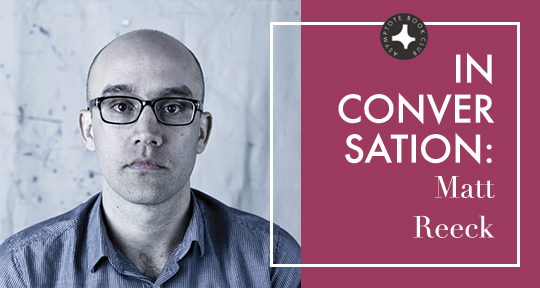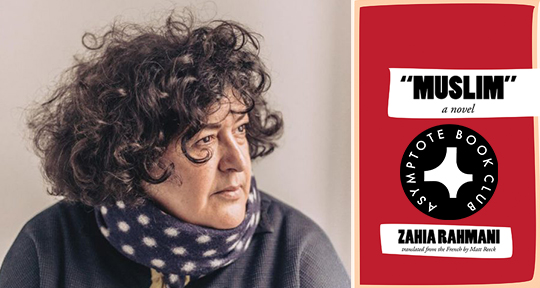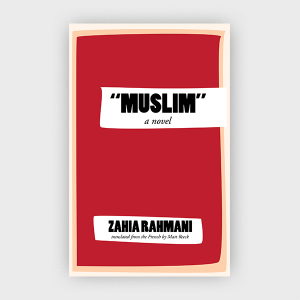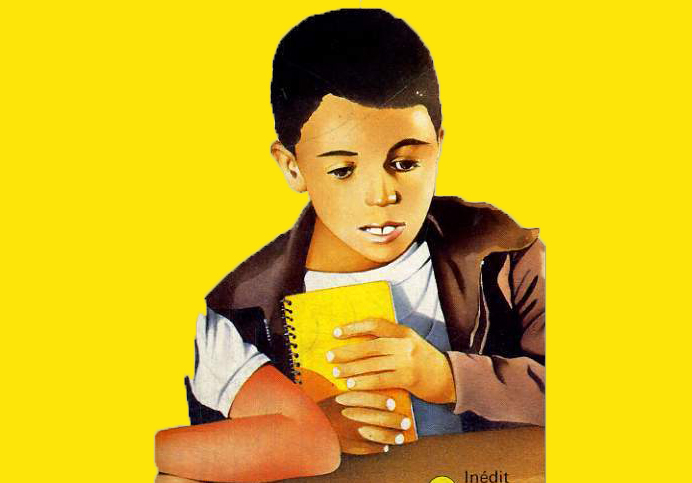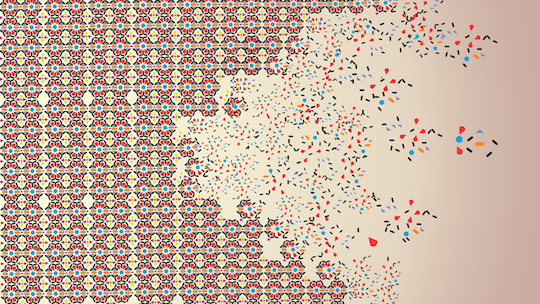“I’m always surprised by how docile American intellectuals are when they enter the public space,” says Matt Reeck, the translator of Zahia Rahmani’s strikingly bold “Muslim”: A Novel. In the course of a wide-ranging interview with Asymptote Assistant Editor Erik Noonan, Reeck aims to challenge that dominant paradigm of always being “on our best behaviour.”
In our most in-depth Book Club interview to date, Reeck sifts through the “layers of imperial cultural history in Algeria”, makes an eloquent plea for the widening of the capital/cultural space currently allotted to translation, and suggests that “the translation of texts that are already domesticated work[s] against translation in a broader sense.”
Erik Noonan (EN): Discussing the role of the translator in your statement for the National Endowment for the Arts, you say that “In a globalized world, while we know more about many parts of the world that we didn’t have access to previously, often what we know seems to get cemented quickly into easy stereotypes. Then, in a way, we don’t know much more at all; we just know what we think we know.” Dealing with the potential of certain texts to expand our knowledge of the world, you also say, in a piece in The Los Angeles Review: “While university presses help by publishing some of these [truly exotic] works, they don’t take on others: the manuscript must match a list, and this list consolidates established emphases of teaching and research.” Your work includes research and teaching in the Comparative Literature Department at UCLA, I believe, as well as translation. How is your teaching related to your research and your translating, and has that relationship changed in any way over time?
Matt Reeck (MR): I’m interested in many things, and they don’t all necessarily fit anyone’s idea of a single pursuit, a single trajectory, a single work. But they do for me. They are unified by being the things I’m interested in! It would be nice to be able to teach things that match my translating interests and my research interests, but to date I’ve been able to do that only here and there. Fingers crossed this will change soon.

